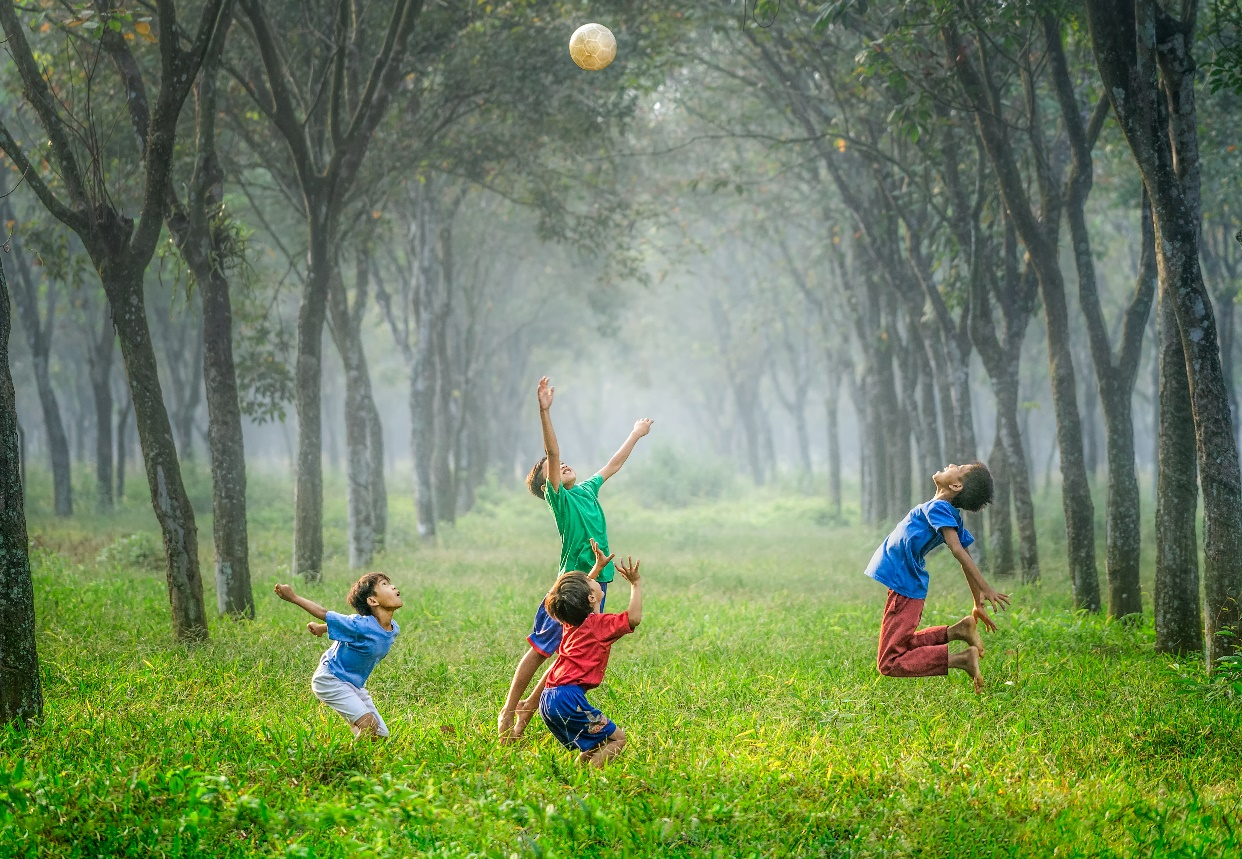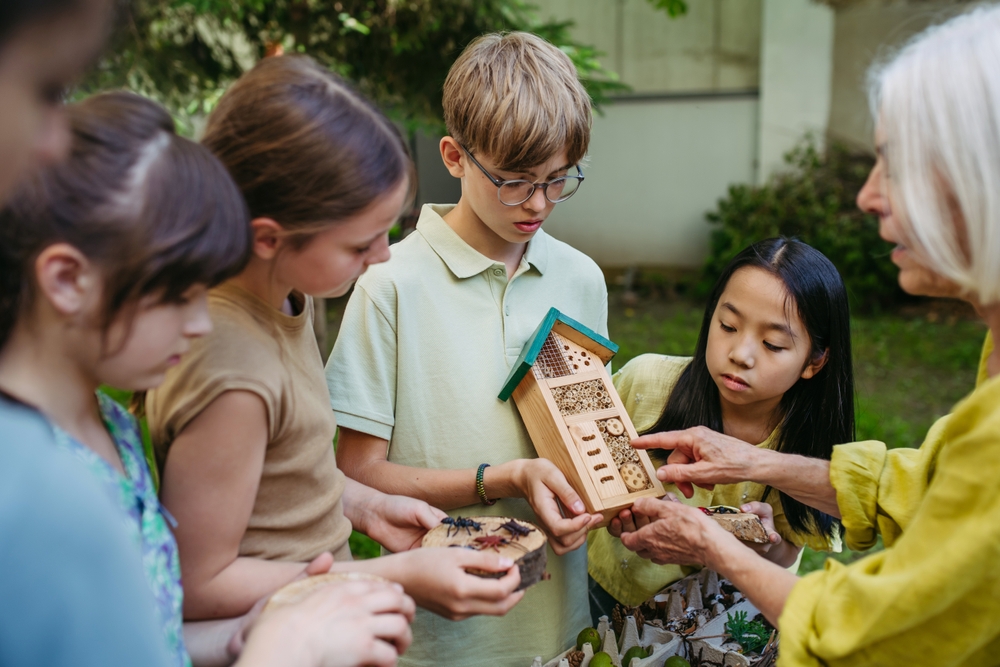Participating in sports can help students develop important life skills that will benefit them in all areas of their lives.
Here are some of the life skills that students can learn through sports:
- Time management: Sports participation requires students to balance their time between schoolwork, practice, and games, which can help them develop time management and organizational skills. By learning how to prioritize their time and manage their schedules effectively, students can become more productive and successful both on and off the field.
- Perseverance: Sports can be challenging and require students to push themselves beyond their comfort zones. By teaching students how to overcome setbacks, cope with failure, and persevere in the face of challenges, sports can help them develop resilience and determination that can be applied in all areas of their lives.
- Teamwork: Sports provide opportunities for students to work together as a team towards a common goal. By encouraging communication, collaboration, and cooperation, sports can help students develop teamwork skills that can be applied in other areas of their lives.
- Leadership: Sports provide opportunities for students to take on leadership roles and develop their leadership skills. By encouraging students to take initiative, make decisions, and motivate their teammates, sports can help students develop important leadership skills that can be applied in school, work, and other areas of their lives.
- Sportsmanship: Sports require students to follow rules, respect their opponents, and display good sportsmanship. By teaching students how to win and lose gracefully, and to respect their opponents, sports can help students develop important qualities such as integrity, respect, and fair play.
- Self-discipline: Sports require students to follow a set of rules and adhere to a training regimen. By teaching students self-discipline and self-control, sports can help them develop important life skills that will benefit them in all areas of their lives.
Encouraging students to participate in sports can be a great way for schools to promote physical fitness, social connections, and personal growth among their students.
Here are some ways schools can encourage students to participate in sports:
- Offer a variety of sports: Schools can offer a range of sports to cater to the diverse interests and abilities of their students. This can involve offering both team and individual sports, as well as traditional and non-traditional sports.
- Provide resources and facilities: Schools should provide the necessary resources and facilities to support sports participation, such as sports equipment, uniforms, and access to sports fields or gyms.
- Promote sports events: Schools can promote sports events such as games, tournaments, or meets to generate interest and excitement among students. This can involve advertising the events through posters, social media, or school newsletters.
- Provide coaching and mentorship: Schools can provide coaching and mentorship to students to help them develop their skills and build confidence in their abilities. This can involve hiring qualified coaches or partnering with local sports organizations.
- Create a positive sports culture: Schools can create a positive sports culture that emphasizes teamwork, sportsmanship, and personal growth. This can involve promoting positive values and behaviors among athletes, coaches, and fans.
- Recognize and celebrate achievements: Schools can recognize and celebrate the achievements of their student athletes, such as through awards ceremonies or hall of fame displays.
By taking these steps, schools can help encourage students to participate in sports and reap the many benefits that come with it. This will allow students who participate in sports to develop important life skills that will benefit them in all areas of their lives. By teaching goal setting, time management, perseverance, teamwork, leadership, sportsmanship, and self-discipline, sports can help students become more productive, successful, and well-rounded individuals.








